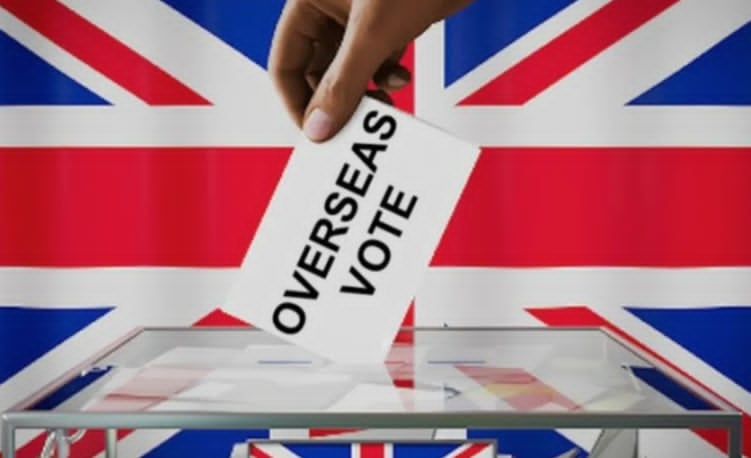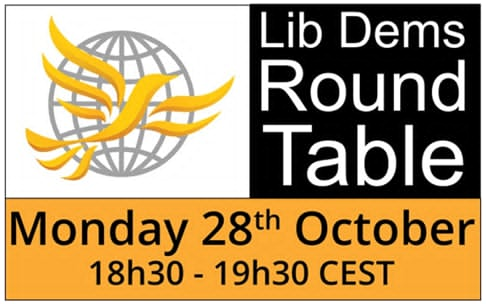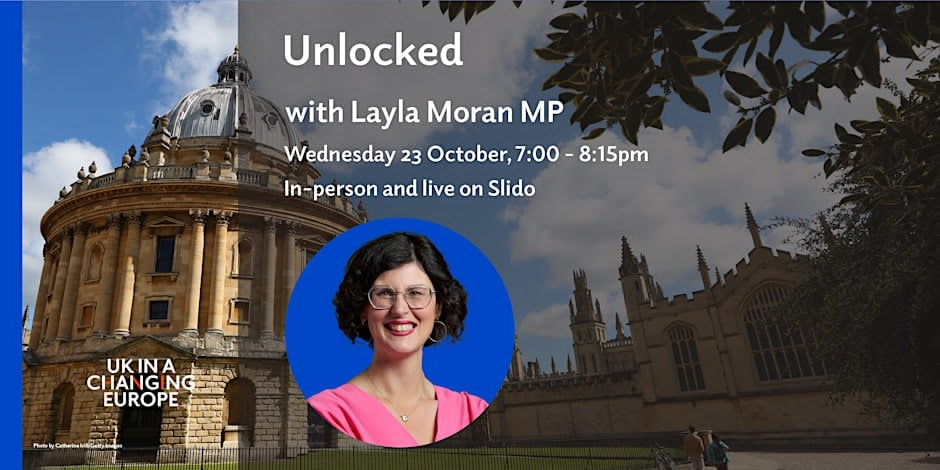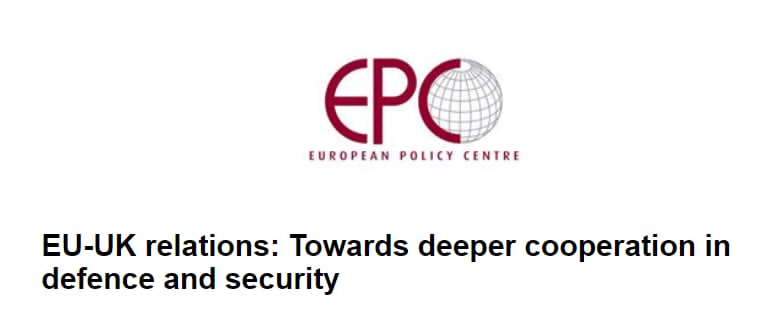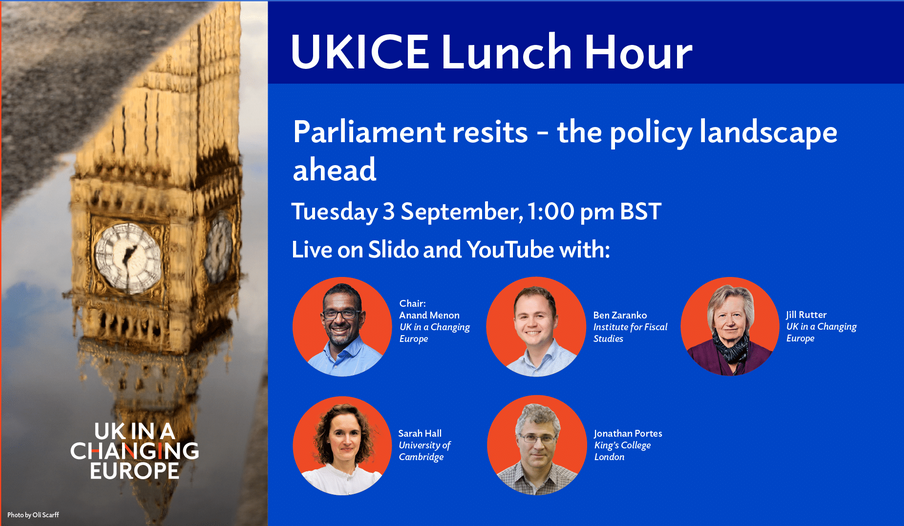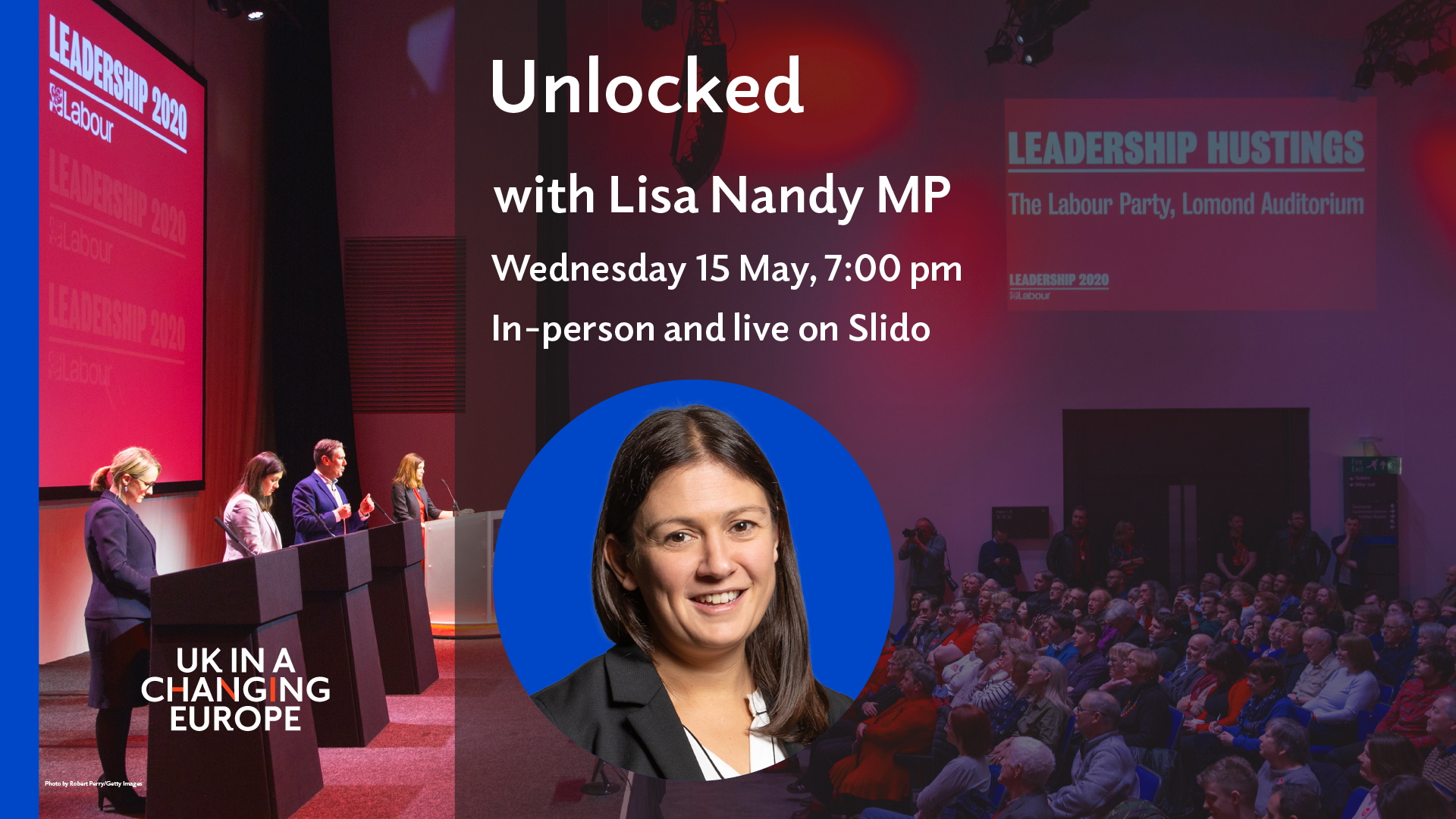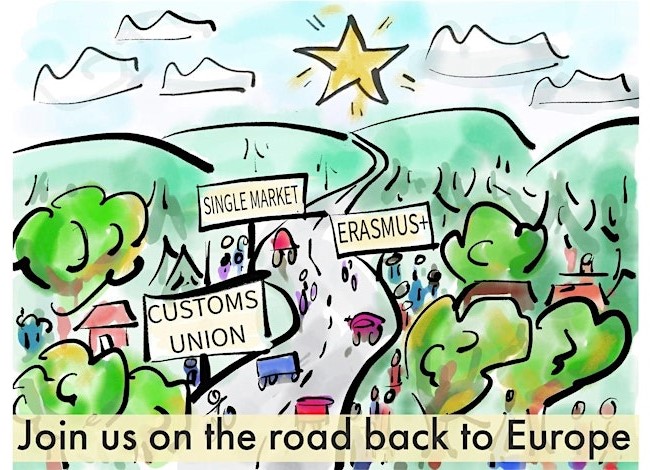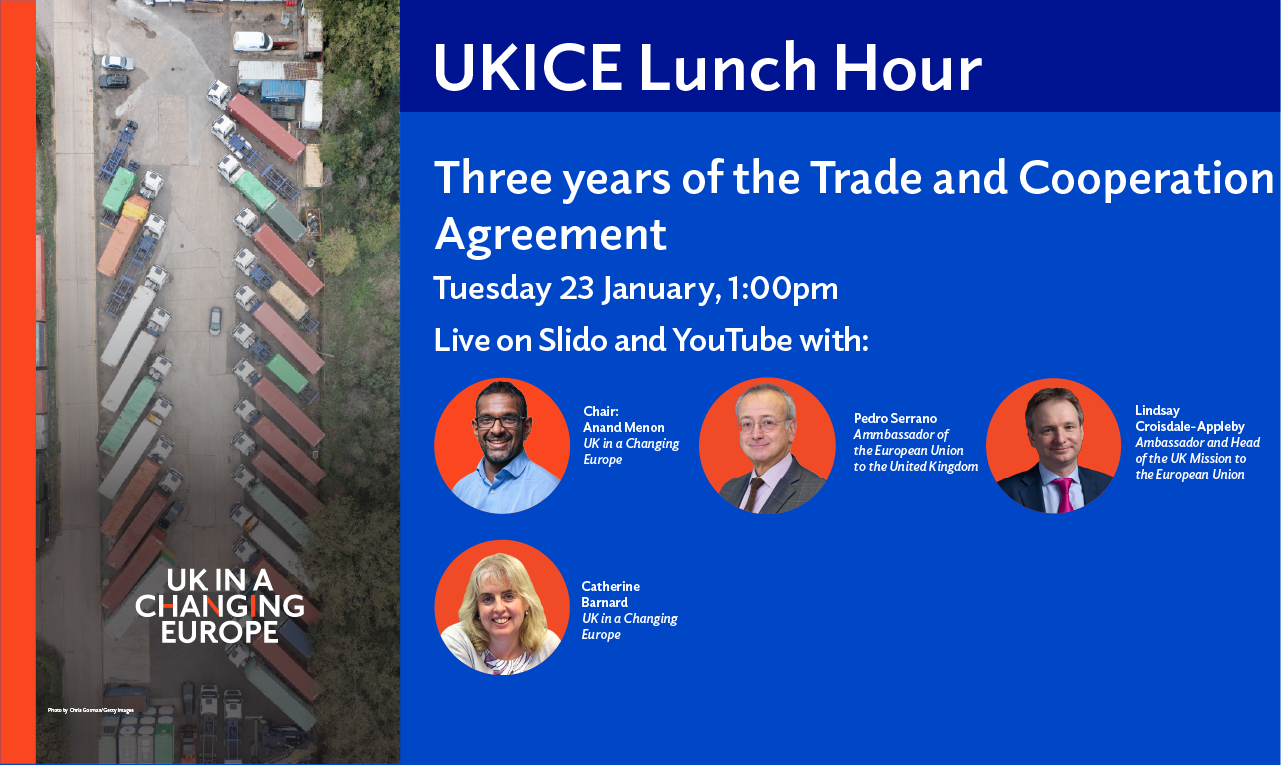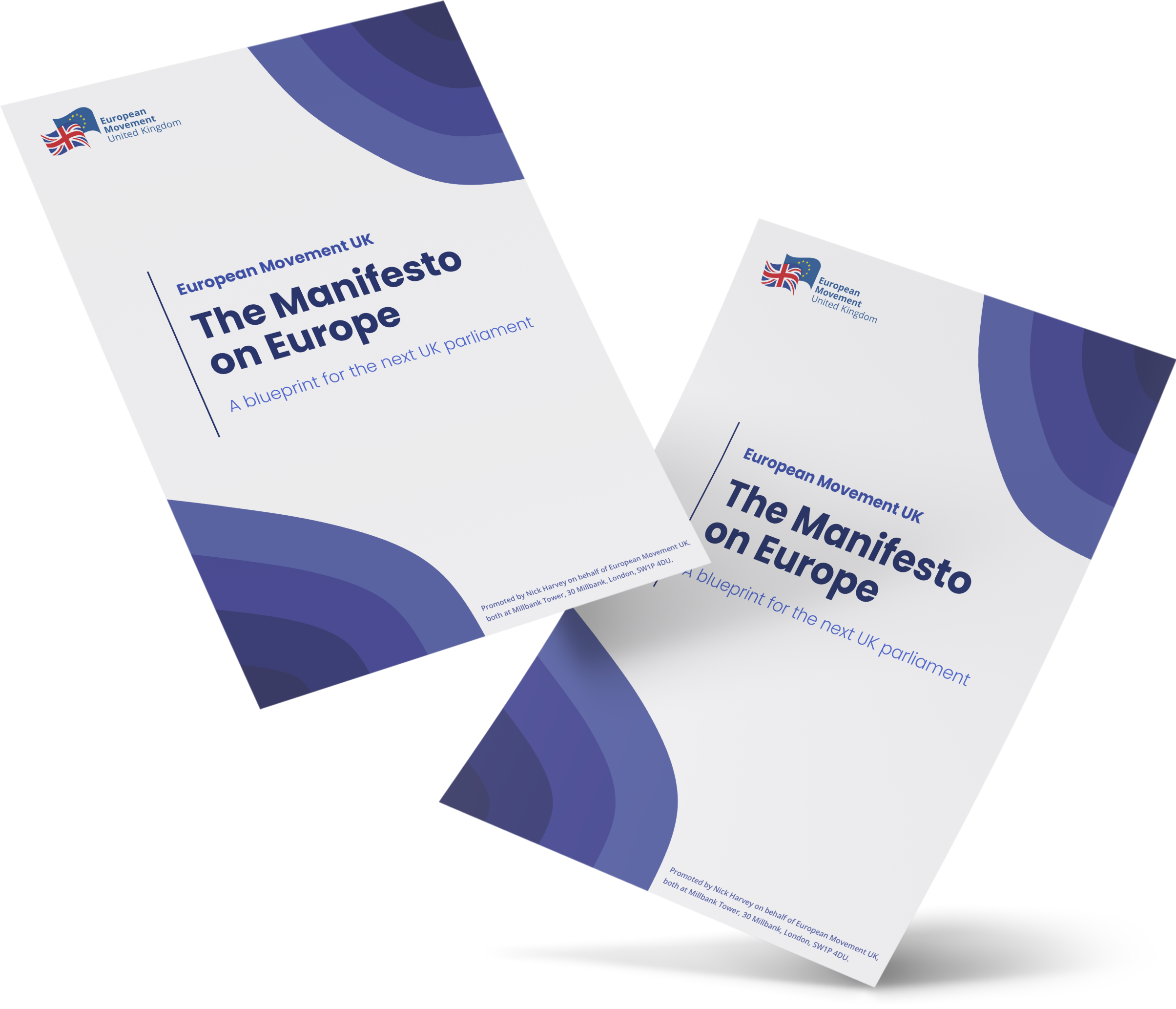David Eldridge: What should be the top priorities for the new government?
Behaving like a normal, competent government would be a good start across a lot of policy areas. Listening to a broad range of experts rather than just those sharing a narrow ideology would be an improvement. There are so many interlinked issues of public services and the economy that need fixing, and upping the rate of growth is so important to tackling them. Regulatory stability would be a great place to start: rather than creating uncertainty in goods, at least we should link to the EU. This would provide an incentive for investment. Removing barriers to trade in the neighbourhood is complementary to this. Then there are the sensitive domestic issues directly linked to growth, of which overseas students is the largest – we really should be taking advantage of being an attractive place to study, not complaining that people want to come to the UK.
Steven Wilson: How sustainable is the prospective new Labour government’s attitude towards Brexit?
In the first instance, seeking small steps towards improving the EU relationship isn’t just sustainable, it is essential. Our negotiating legacy since 2016 is toxic in Brussels, and there is a need to build trust that the UK will actually negotiate in good faith and keep commitments. Within Labour’s red lines of not rejoining the single market or customs union there is more that can be done beyond the manifesto commitments of a Sanitary and Phytosanitary (SPS) deal, professional qualification recognition (actually very hard to achieve), and help for touring artists. Joining the pan-Euro-Med convention on rules of origin will help supply chain participation, and the EU wants a youth mobility scheme. A security agreement seems very likely. There’s more to be done on energy. Start to put all this in place first, and then I think there will then be a conversation on whether that is sufficient, or we need to revisit red lines or the referendum. I don’t think there is a way to short-cut this process.
Anon: Without rejoining the single market, does Labour have any hope of turning around the UK economy?
All countries have domestic policy choices that affect their trade and therefore economic performance, and the UK deciding to put up barriers to nearby markets is a handicap, but it doesn’t necessarily have to be fatal for economic performance. For example, there are sectors that are less affected, such as financial services, education or defence, and large companies are able to overcome barriers more easily. There is a scenario where we focus more on these to limit the economic damage, but of course there are also issues with these areas. We could also promise investors a level of stability while staying outside the single market, such as on regulation, and combine this with being generally more open to outsiders and neighbours and striking as many deals as we can across Europe. However, in general we are certainly making all of this harder for ourselves by giving our companies higher barriers to overcome than their counterparts in other countries.
Ruth Woodhouse: In terms of trade deals, to what extent do you believe Keir Starmer will, or should, give greater priority to negotiations with the EU than with the rest of the world?
Thanks to replicating trade deals that we were a party to as EU members, we have good coverage around the world. The priority therefore has to be to improve what we have in our own neighbourhood, not just with the EU but also Switzerland and Turkey, where we have active negotiations. By and large Free Trade Agreements alone do not significantly shift the economic dial, as they mostly benefit large commodity exporters facing high tariffs, which isn’t where our trade specialisms lie. What we should be looking for is deeper arrangements such as regulatory alignment and mutual recognition, plus whatever we can on services, and this is more likely with others in Europe. We should also stop fixating on a US trade deal, even before they were withdrawing from trade, they did not tend to give other countries many advantages.






